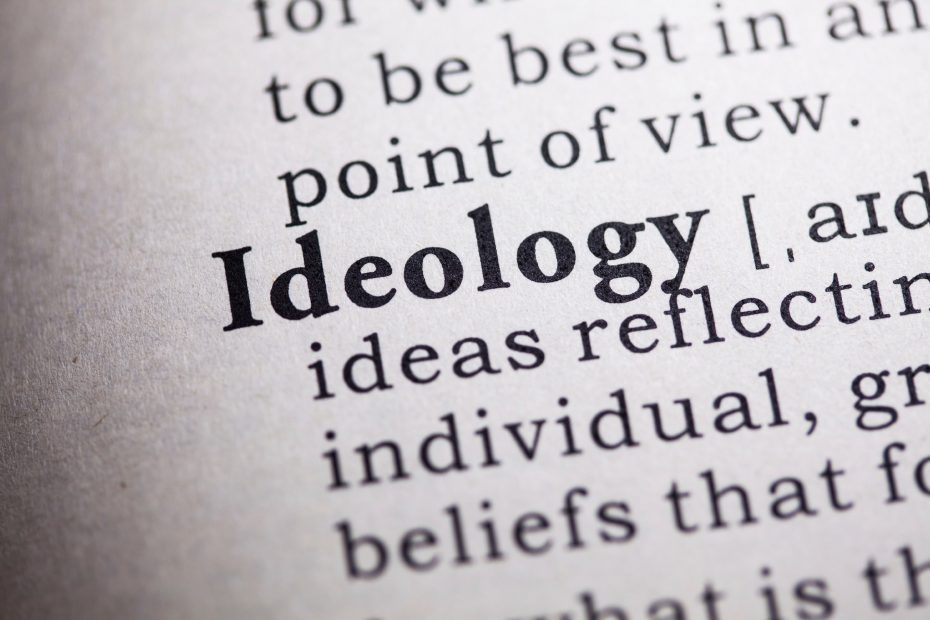Pandemic. A word for science fiction and history. The black plague, the movie contagion. Corpses thrown into pits, soldiers in hazmat blocking your street. Yet today there are no pits nor soldiers in the streets. And we are in the middle of a pandemic. Are we in a fundamental crossroad of our history without realizing it? Has our welfare made us weak and listless? Or is it precisely our welfare what has prevented massive casualties and social revolution? Will life as usual resume in few weeks?
Such questions, in the eyes of the thousands that have died, and the thousands that will still die, are callous. For way too many people life will not be the same, ever. At the side of so many other disasters, natural or otherwise, this pandemic should have teach us already that the lives of many have been changed by the deaths of many, deaths that might have been prevented. All the same, the previous questions stand. Are we at the edge of fundamental change? Should we?
Perhaps it is wise to start with the things that we have learned so far, if any. To begin somewhere, one could say that governments, and countries, are different. COVID19 has affected neighboring countries in almost shockingly different ways. One could commend the massive testing of Germany, the reasonable guidelines for self quarantine in The Netherlands, or even the almost incredible dedication of health professionals in the face of the disaster that Madrid, or Bergamo, has become. On the reverse, one could criticize the leaders of Spain that allowed massive manifestations to proceed, or the Dutch that did not cancelled carnival celebrations. Yet besides all the praise and criticism that one could list on hindsight, diversity remains as the defining trait of Europe, and the world at large. Faced with global and equal threats, different countries will have different answers and will suffer different consequences.
One thing that we do not know, a thing that I don’t believe we will ever get ever to know precisely, is the impact of COVID19 in the different strata of our societies. Have different communities inside a country being affected in different ways, or not at all? In Europe at large, health services are fairly accessible to all people. We do not conceive patients being refused attention by ethnicity or gender identity. If there is any difference, it should not lie there. But is it any difference at all? Data coming from the USA suggests that black communities have been harder hit by COVID19. Is that the case in Europe? And what could be the reasons behind? If this question is ever settled, how will we process the answer? Are migrants in European finally integrated at least regarding health? Or are they still a weak segment of the population? or even a risk for others?
Then we have the answers so far given by politicians. After the dust up generated by the well calculated declarations of the Dutch minister of economy, provoking even the Portugal prime minister to call him repugnant, if one is to compare with the Greek crisis, the facility and speed in which European money is being made available is without precedents. Even the hawkish Dutch government, perhaps chastised, is proposing a tax hike to finance a COVID19 rescue fund, non reimbursable. No wonder that The Economist have called this the time of the grasshoppers, instead of the ants. Would all this move the tectonic plaques of the European ideological debate? The proposals for Green Deals and Universal Incomes have been for long part of the discourse of the European left, yet they have failed to catch the popular imagination and become election inflection points. Would the coordinated European answer popularize the idea of a government as a force of good for the economy of everyone? Or would the tectonic fault between northern fiscal conservatism and southern keynesianism will remain a fact of European life?
I am well aware that I rather state questions than answers. The purpose of whatever I have ever written is to provoke the private thinking of my reader rather than gaining support for my own positions. Yet crisis time is perhaps the time to change, a bit at least. Allow me then to predict that there will be no fundamental change in European politics, at least not due to COVID19. If my understanding of this crazily compartmentalized continent is anything closer to reality, I still see the after pandemic “north” congratulating their sober and drama free lifestyle as much as I see “the south” already horrified by the northern lack of family ties at facing an epidemic. So let’s not mention politicians going on playing their standard game of blame the other, be the other the profligate south of the stingy north. On the pompously name reforms that our society need, like New Green Deals and Universal Incomes, they will come, for sure, because they are not to be stopped. But be also sure that they are not going to become under those names, nor will they be election flags capable of turning an election, like some sort of Marshall plan. They will rather walk in by the hand of the bureaucrats that today in Brussels are managing billions of economic rescue, outside the sight of the big public.
And if you ask me, that last is not a bad thing, at all.

